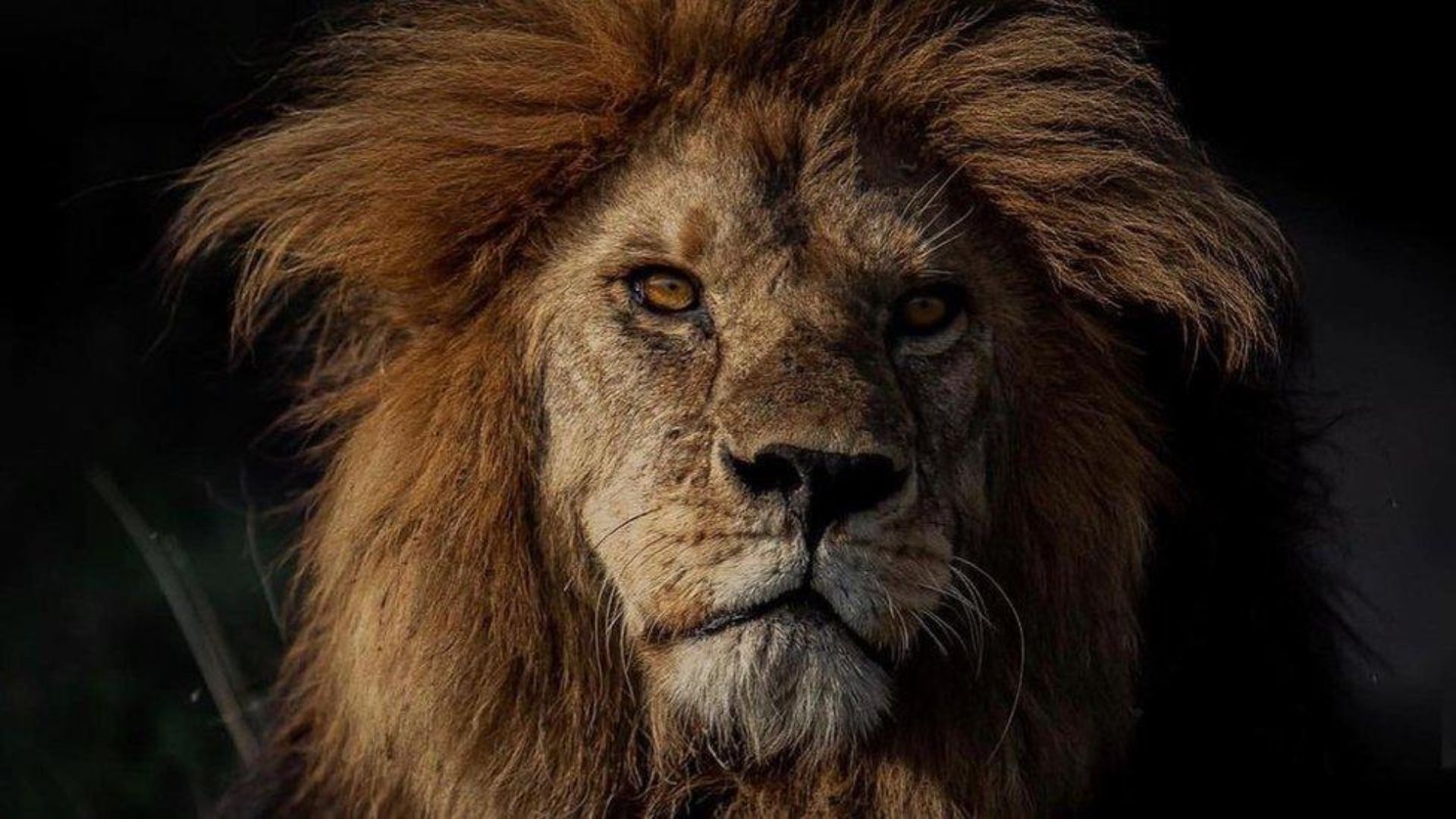Despite being the largest group-hunting predators, lions are not the most feared animals on the African savanna. A recent study shows that wildlife is more afraid of humans than of lions, contradicting the expectation that the largest land predators should be the most intimidating.
“Normally, if you’re a mammal, you’re not going to die of disease or hunger. The thing that actually ends your life is going to be a predator, and the bigger you are, the bigger the predator that finishes you off,” explains co-author Michael Clinchy, a conservation biologist at Western University in Canada. “Lions are the biggest group-hunting land predator on the planet and thus ought to be the scariest, and so we’re comparing the fear of humans versus lions to find out if humans are scarier than the scariest non-human predator.”
The study involved analyzing over 10,000 reactions from wildlife and revealed that 95% of the animals showed greater fear in response to human sounds than to lion roars. This finding challenges the notion that animals might become accustomed to humans if they are not threatened or harmed, indicating instead a deep-seated fear of people.
The research team from Western University conducted their experiments by playing different sound recordings near waterholes in South Africa’s Greater Kruger National Park. Even in regions known for their large lion populations, animals reacted more intensely to human noises, underscoring the perception of humans as a significant danger.
“We put the camera in a bear box, not because there are bears out in South Africa, but because of the hyenas and leopards that like to chew on them,” says first author Liana Y. Zanette, also a conservation biologist at Western University. “One night, the lion recording made this elephant so angry that it charged and just smashed the whole thing.”
Zanette remarks, “I think the pervasiveness of the fear throughout the Savannah mammal community is a real testament to the environmental impact that humans have. Not just through habitat loss and climate change and species extinction, which is all important stuff. But just having us out there on that landscape is enough of a danger signal that they respond really strongly. They are scared to death of humans, way more than any other predator.”







